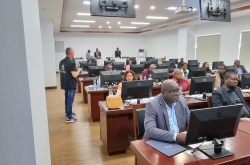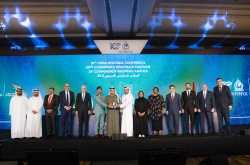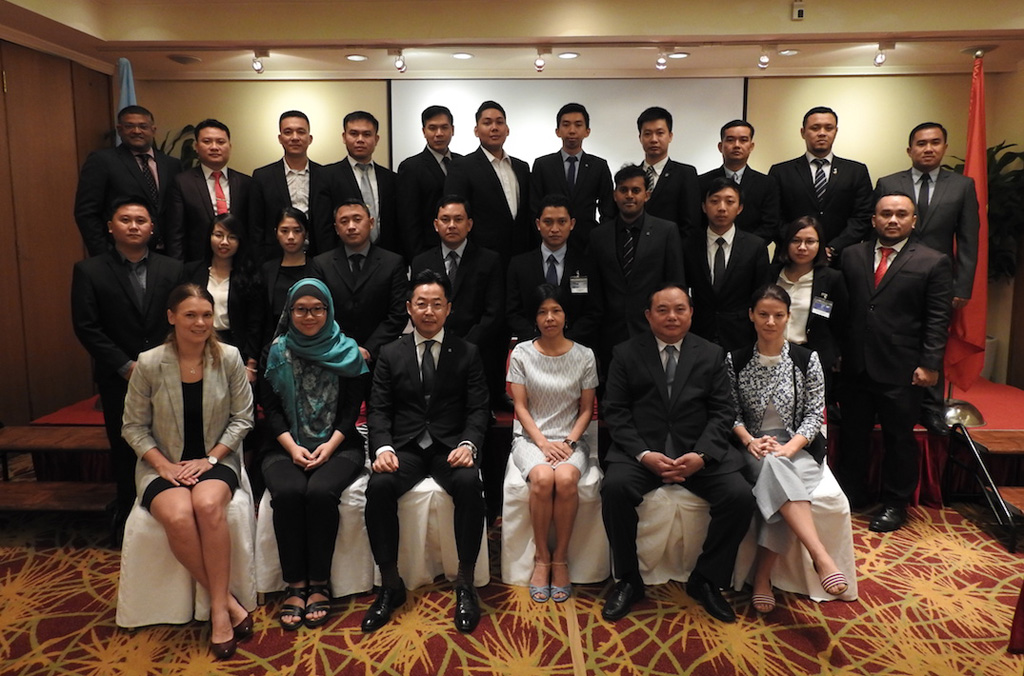HANOI, Vietnam – INTERPOL has conducted two advanced training courses for officers in Southeast Asia on countering the use of the Internet for terrorist purposes.
The training courses gathered law enforcement officers and investigators from 10 countries across the region. Activities focused on boosting their abilities to:
- Identify and detect potential terrorism suspects online;
- Address challenges related to the admissibility of digital evidence in counter-terrorism cases;
- Develop a dialogue between the private sector and law enforcement to advance their investigations.
The first course (2 to 6 July) was held under the auspices of INTERPOL’s Project Trace, a three-year capacity building programme funded by the Government of Canada. With a clear focus on detecting, preventing, investigating and ultimately prosecuting terrorism-related crimes, participants learned how to collect, analyse and share information found online.
The course was led by INTERPOL experts as well as partners from the International Centre for Political Violence and Terrorism Research (ICPVTR), Financial and Technology Crime Division Singapore, Australian Federal Police, US Federal Bureau of Investigation and Facebook.
This was followed by the first INTERPOL-United Nations Counter-Terrorism Centre (UNCCT) workshop on using information collected on social media to target Foreign Terrorist Fighters (FTF).
The second session (9-10 July), entitled “Enhancing Member State Capacities to use Social Media to Prevent and Counter the Foreign Terrorist Fighters Phenomenon” was funded by the Government of Japan and UNCCT. Through practical exercises, it sought to deepen understanding of the FTF phenomenon via the collection of social media information to support counter-terrorism investigations.
These training courses were a key deliverable of INTERPOL’s global counter-terrorism strategy, which seeks to counter terrorist threats on digital platforms by reinforcing social media analysis capabilities of member countries in Southeast Asia.
INTERPOL’s global role in combating terrorism has been widely recognized. In 2014, the United Nations Security Council unanimously adopted Resolution 2178 recognizing the efforts of INTERPOL against the threat posed by foreign terrorist fighters, including through global law enforcement information sharing.
Participating countries were Brunei, Cambodia, Indonesia, Laos, Malaysia, Myanmar, Philippines, Singapore, Thailand and Vietnam.
Véase también
Noticias conexas

Las amenazas para la seguridad de fronteras, objetivo de las operaciones STOP en África
8 de diciembre de 2023
La delincuencia organizada lleva la seguridad medioambiental al límite
2 de diciembre de 2023
INTERPOL pide intensificar la cooperación transversal en su Conferencia Asiática
9 de febrero de 2023





